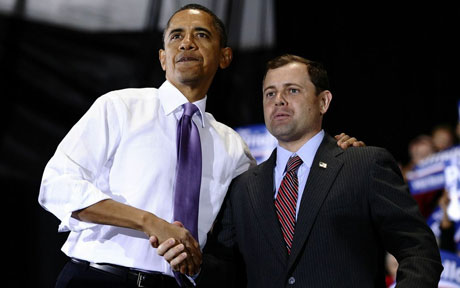Aug 14
20150
Amnesty International, Human Rights Watch, Neo-Liberalism and the Defanging of Feminism, The Soros Network | OSI, United Nations
Amnesty International George Soros Human Rights Watch Open Society Institute United Nations
Pornography, Prostitution & Trafficking
by Jay Taber
Melissa Farley of Prostitution Research and Education discusses the public health crisis of pornography, in particular the human trafficking that makes prostitution profitable. Amnesty International is challenged by prostitution survivors to end its support for legalizing these crimes against humanity.
[Jay Taber is an associate scholar of the Center for World Indigenous Studies, a correspondent to Fourth World Eye, and a contributing editor of Fourth World Journal. Since 1994, he has served as the administrative director of Public Good Project, a volunteer network of researchers, analysts and activists engaged in defending democracy. As a consultant, he has assisted ethnic minorities and indigenous peoples seeking justice in such bodies as the European Court of Human Rights and the United Nations.]












